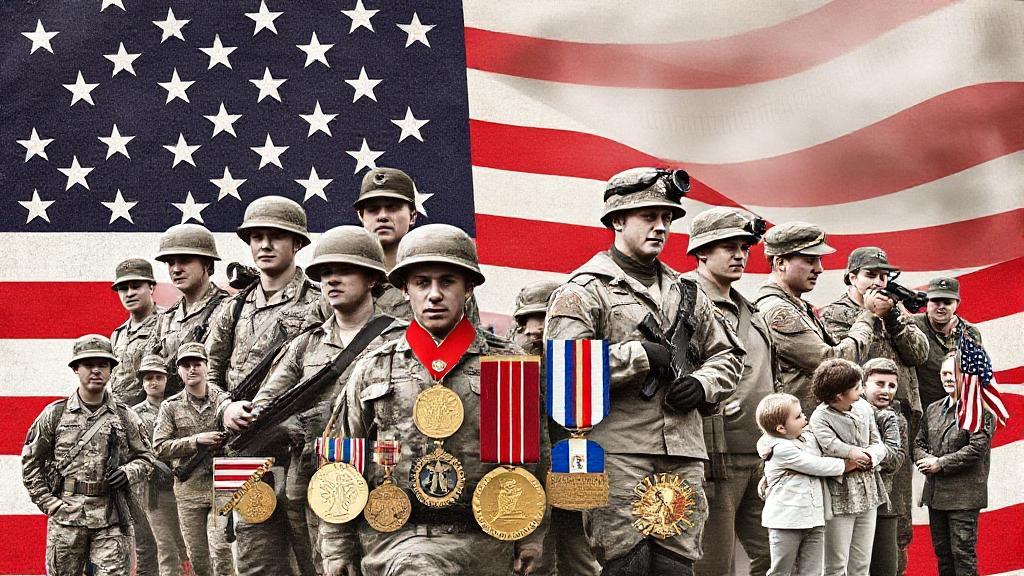Service Opportunities and Career Development
The military offers extensive career training opportunities across hundreds of specialties. Service members can access specialized training in fields like cybersecurity, aviation, healthcare, and engineering. The Military Occupational Specialty (MOS) system allows recruits to choose career paths aligned with their interests and abilities.
Many veterans leverage their military experience into successful civilian careers, with companies actively seeking candidates with military backgrounds. The leadership training and discipline instilled through service are highly valued in the private sector.
Educational Benefits
One of the most attractive benefits of military service is the educational opportunities it provides. The GI Bill is a well-known program that covers tuition and fees for veterans attending college, university, or vocational training.
| Benefit Type | Coverage |
|---|---|
| GI Bill | Up to 100% tuition |
| Tuition Assistance | Up to $4,500 annually |
| Credentialing Programs | Various certification costs |
| College Credit | For military training |
Financial and Health Benefits
Immediate Benefits
- Steady, guaranteed paycheck
- Housing allowance or provided housing
- Food allowance
- Healthcare coverage through TRICARE for service member and dependents
- Life insurance options
Long-term Benefits
- VA home loans with favorable terms
- Military pension after 20 years of service
- Access to military exchanges and commissaries
- Thrift Savings Plan (TSP), similar to a 401(k)
Personal Growth and Development
Military service often leads to significant personal development through:
- Leadership training
- Cross-cultural experiences
- Team-building skills
- Self-discipline
- Problem-solving abilities
"The military experience instills core values that last a lifetime: loyalty, duty, respect, selfless service, honor, integrity, and personal courage." - Department of Defense
Challenges and Considerations
Physical and Mental Demands
Service members must maintain strict physical fitness standards and may face challenging training environments. The psychological demands can be significant, particularly during deployments or high-stress situations.
Risk of Injury or Death
Military service, especially in combat roles, comes with inherent risks. Service members may face dangerous situations that can lead to injury or death. Exposure to combat and high-stress environments can lead to Post-Traumatic Stress Disorder (PTSD) and other mental health challenges.
Family Impact
Military life can strain family relationships due to:
- Frequent relocations
- Extended separations
- Deployment uncertainties
- Limited control over assignments
Personal Freedom Limitations
Social Impact and Community
Positive Aspects
- Strong sense of community
- Lifelong friendships
- Respected social status
- Access to military community resources
Challenging Aspects
- Difficulty maintaining civilian relationships
- Potential isolation from civilian society
- Adjustment challenges after service
Making the Decision
Consider these factors when deciding:
- Personal goals and values
- Family situation
- Career aspirations
- Physical and mental readiness
- Long-term life plans
For more information, consider visiting resources like the U.S. Department of Veterans Affairs, Transition Assistance Program (TAP), or the official military recruitment websites for each branch. These platforms offer detailed insights into what military life entails and the support available to service members and veterans.
